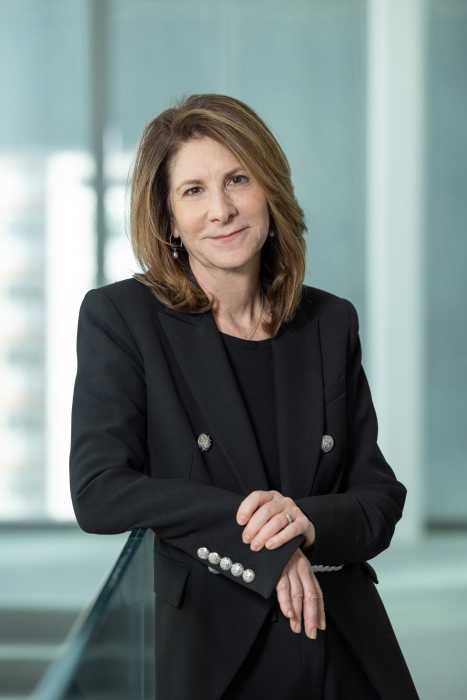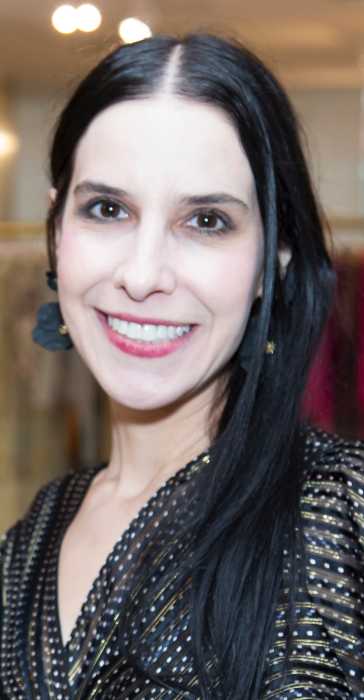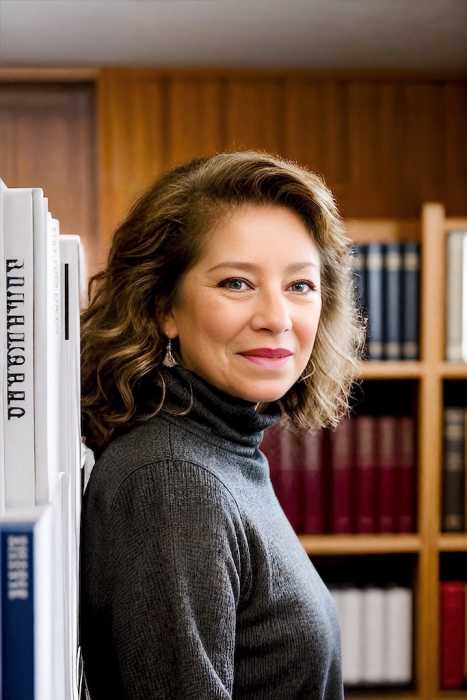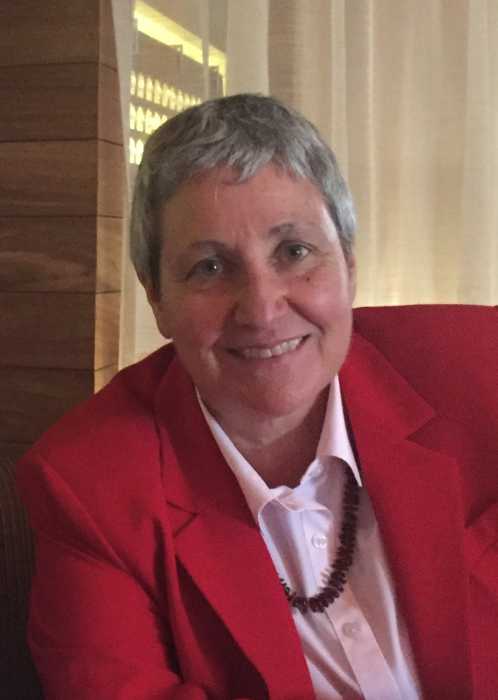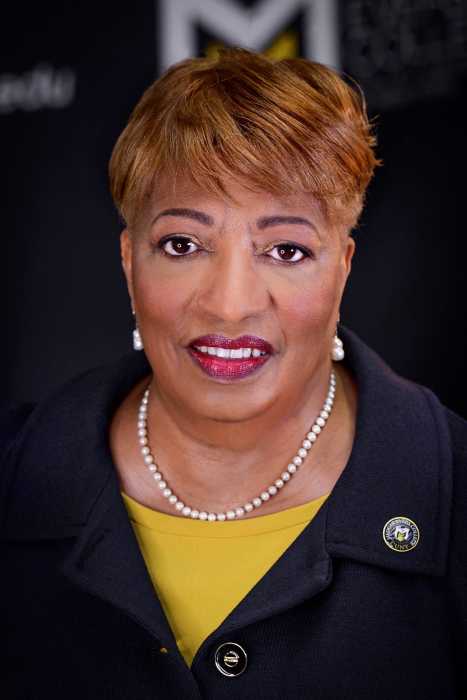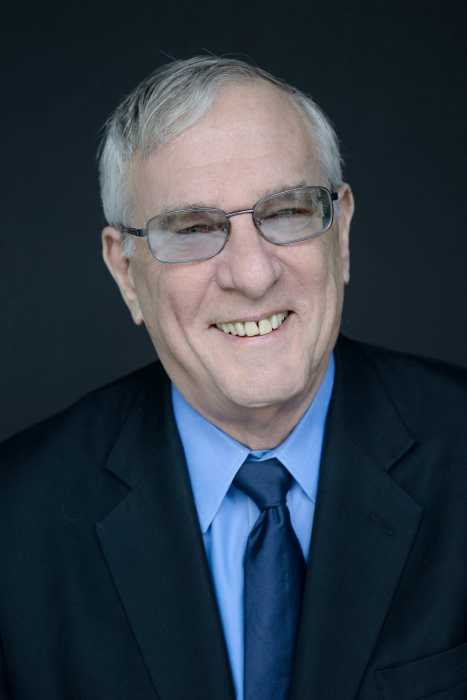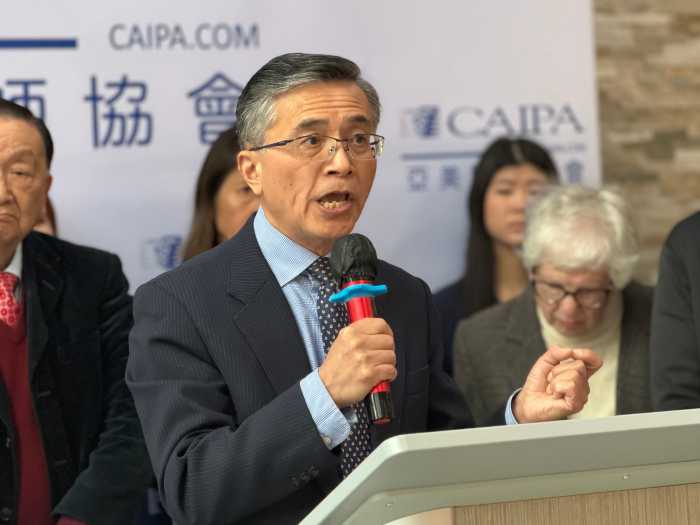Linda G. Mills is the 17th president of NYU and the Lisa Ellen Goldberg professor of social work, public policy, and law. A social worker and social scientist who reshaped the treatment of domestic violence; an attorney who advocated for people entitled to Social Security benefits; and an award-winning filmmaker, Mills has been an NYU faculty member since 1999 and a long-time senior leader. She holds a Ph.D., a J.D., an MSW, and a B.A.
What inspired you to pursue a career in education?
Curiosity, a sense of justice, and a drive to help others. I have a wide-ranging and restless feeling of curiosity and a desire to address problems that made a life of higher inquiry – in history, social work, social sciences, and the law – a perfect fit for me. Plus, I love being around students, my scholarly colleagues, and my fellow university administrators.
What aspects of education do you believe need more support from policymakers?
When I speak with fellow presidents, our conversations almost always circle back to a few priorities vital to higher education: expanded efforts to make higher education more affordable for students and families; expanded support for research; and making our campuses diverse, welcoming, inclusive environments where all can flourish.
What do you think the future of New York’s education system looks like?
Some serious challenges, to be sure, but no other city has a greater commitment to education at all levels, a more storied school system, a greater assemblage of top universities, or a more vibrant, innovative economy more demanding of a well-educated workforce, and that makes me very hopeful.


